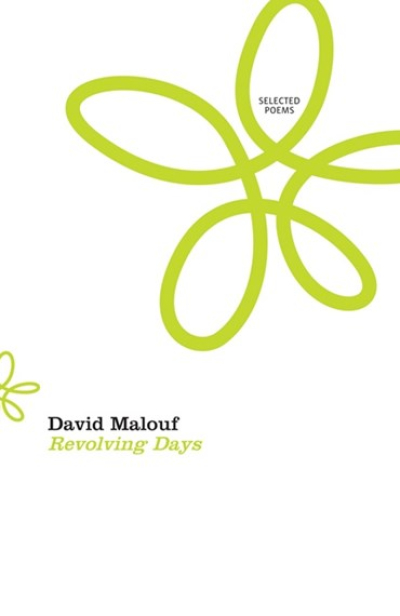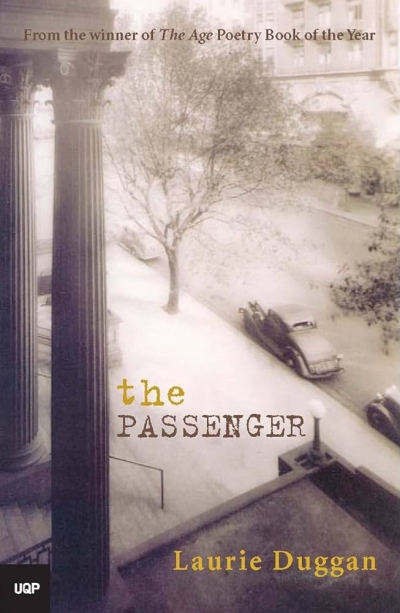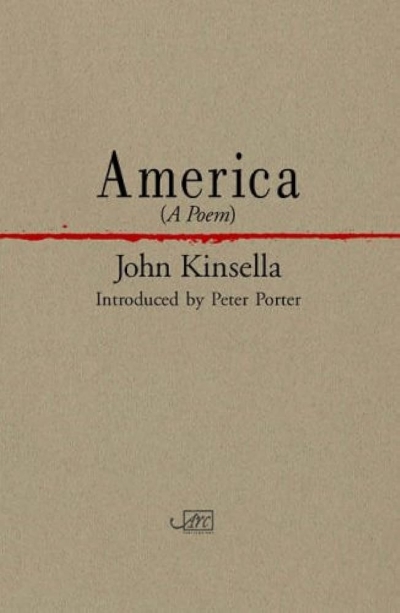Poems
White Knight with Beebox: New and selected poems by Peter Steele
by Paul Hetherington •
(for the siblings)
they are there on the cusp of a
little hill, in the trampled splendour
of a suburban yard. they are three,
elephantine trunks standing against a
background of untidy sky, their oily
confidences drab on Escher limbs,
and the still bricks and lost pickets
heighten the haecceity of these three.
I go and sit with them often. I sit
between them, face to a bleary just-risen
moon and while breathing deeper and deeper
I find a kind of un-stringed puppetness
owning me. everything around them is
not tinted, a landscape of slow bleeds
David Campbell: Hardening of the light: selected poems edited by Philip Mead
by Vivian Smith •
UTS Writers’ Anthology: Making Tracks edited by Melissa Bruce et al.
by Rebecca Starford •
The Flower, The Thing by M.T.C. Cronin & The Last Tourist by Jane Williams
by Rose Lucas •







